Reducing the impact of summer on birds
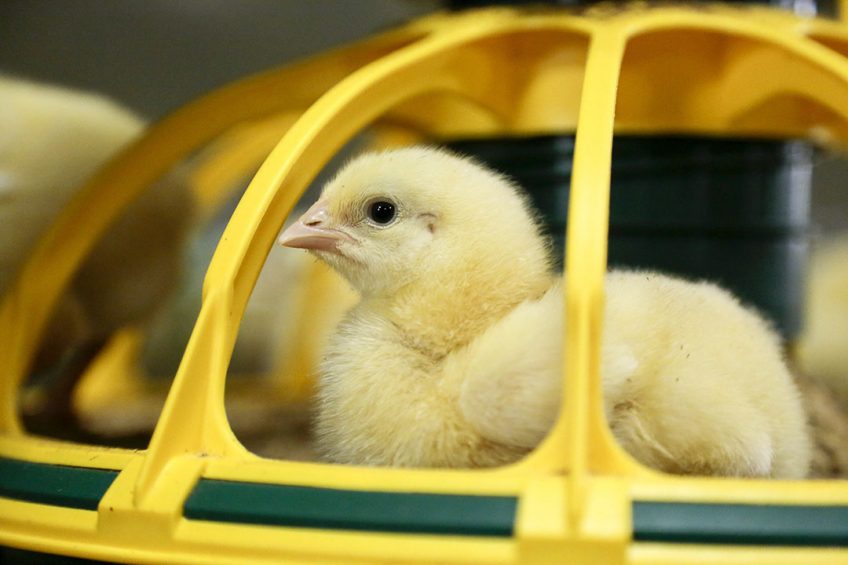
Half of the birds reared worldwide are estimated to suffer from the consequences of heat stress during the summer period. The first visible sign is an increase in the water:feed ratio, however recent research has also shown that excessively hot conditions have an impact on the gut structure and its permeability.
Reduced feed consumption and decreased intestinal integrity and function result in the decreased energy intake, animal discomfort and the reduced performance parameters associated with summer months. An effective building temperature control system is a primary step toward managing this problem but it can be sensitive in case of sudden or excessive changes in temperature. The temperature management can therefore be actively supported by natural nutritional feeding strategies.
‘Leaky gut’ phenomenon
Heat is produced by the body metabolism, which includes maintenance, growth and egg production. Birds become ‘heat stressed’ when they have difficulty achieving a balance between body heat production and body heat loss. This can occur in all ages, and all types of poultry. Birds have three ways of managing their heat loss to stay in the ‘thermo-neutral zone’.
One of the methods consists of a natural diversion of the blood flow from the viscera to their external surface (wings, skin, etc.) in order to increase the heat exchange rate with the surrounding environment and therefore decrease body temperature. The associated lack of digestive tract blood irrigation progressively leads to gut mucosa depletion, associated with its membrane permeability and its inability to secrete digestive enzymes. This phenomenon, which is already well proven, is referred to as ‘leaky gut’.
Natural ingredients to alleviate heat stress
Based on the scientific explanations of leaky gut, Pancosma, the Swiss additive manufacturer, recently evaluated the efficacy of one of its leading products, known to be a powerful gut protector. The product Xtract 6930 is known for its multifunctional positive effects on digestive secretions, reduced inflammation and antioxidant properties. It was therefore tested in a heat stress controlled trial at Harper Adams university in the UK.
Male Ross broilers were reared from hatching until 20 days old in a common floor pen and under normal recommended temperature. At day 21, the temperature was increased from 21°C to 35°C, simulating a violent environmental heat stress, this continued until the trial finished on day 35. The effects of 100 g/t of feed of Xtract (XT hot group) were evaluated in comparison to a negative control (Normal group) and to a positive control being heat stressed (Hot group) but not supplemented with the additive. All animals had ad libitum access to fresh water.
Promising standardised plant extracts
The heat stress treatment (from 21°C to 35°C) had a significant negative influence on the treated groups, showing the validity of the used model. As expected, feed intake reduced when birds were reared under heat stress conditions. The observed reduction from d. 21 to d. 35 on average daily intake was around 40% (Figure 1). Supplementation of the product had no significant effect on daily feed intakes, exactly as would be observed under normal rearing conditions.
Figure 1 – Feed intake (g/d).

Nevertheless, Xtract supplemented at 100 g/t had a significant positive effect on body weight gain from d21 to d35 increasing it by 38% (Figure 2). This result, not being a consequence of a higher intake, shows the importance of gut protection, so that the birds can assimilate more efficiently the reduced quantity of ingested nutrients. The solution has the capacity to protect gut epithelium and to reduce its permeability.
Figure 2 – Weight gain (g/d).

The optimal gut protection combined with increased digestive secretions (also observed in normal conditions) directly resulted in limiting performance losses. Heat stressed birds being protected by the additive could achieve a more normal FCR level (2.61 vs. 3.29, representing 18% reduction) during this stressful period (Figure 3). In this specific trial, the synergy between the three ingredients revealed better results than ingredients alone, showing the importance of the mode of actions management.
Figure 3 – FCR (g/g).

Minimising the economic impact
Because of the natural healthy properties of protectors, some naturally occurring ingredients from plants and spices can protect animals from heat stress and help breeders minimise the economic impact of such extreme conditions. The strategy used in broilers by the Swiss company is an extension of similar positive experiences in ruminants using other plant extract combinations. Xtract 6930 can be supplemented to birds through feed but is also available as a soluble Instant form in order to be flexibly distributed through drinking water.
Author: Jennifer Maurin, Business Development Manager for bioactives, Pancosma
 Beheer
Beheer

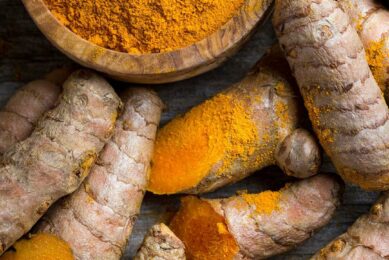
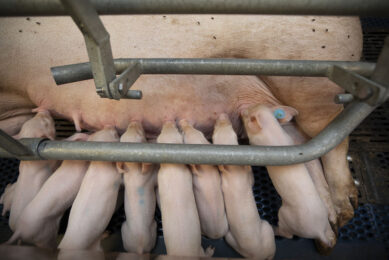
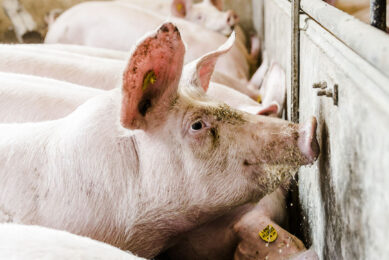
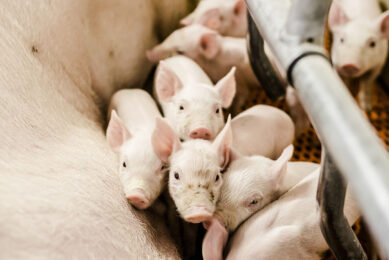
 WP Admin
WP Admin  Bewerk bericht
Bewerk bericht